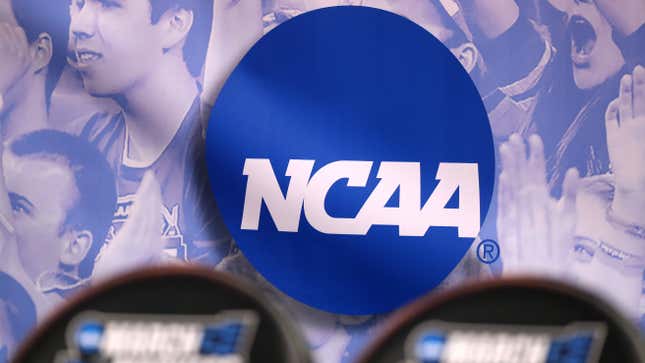College Athletes Found Guilty of Sexual Misconduct Can Transfer Schools and Keep Playing Sports
Latest

A star player on a Division 1 team is worth hundreds of thousands of dollars to their school and the NCAA, which is potentially why the organization is facing criticism that it protects student-athletes accused of sexual misconduct by allowing them to continue in their sport. In a new report by USA Today, Kenny Jacoby details what he calls the “predator pipeline,” a system within the NCAA that allows players accused of or, in some cases, convicted of sexual assault to transfer schools and play on other teams—even if they have been expelled from their university.
“College athletes can lose their NCAA eligibility in numerous ways, but sexual assault is not one of them,” Jacoby writes. “Even when facing or convicted of criminal charges, even when suspended or expelled from school, NCAA rules allow them to transfer elsewhere and keep playing.”
-

-

-

-

-

-

-

-

-

-

-

-

-

-

-

-

-

-

-

-

-

-

-

-

-

-

-

-

-

-

-

-

-

-

-

-

-

-

-

-








































